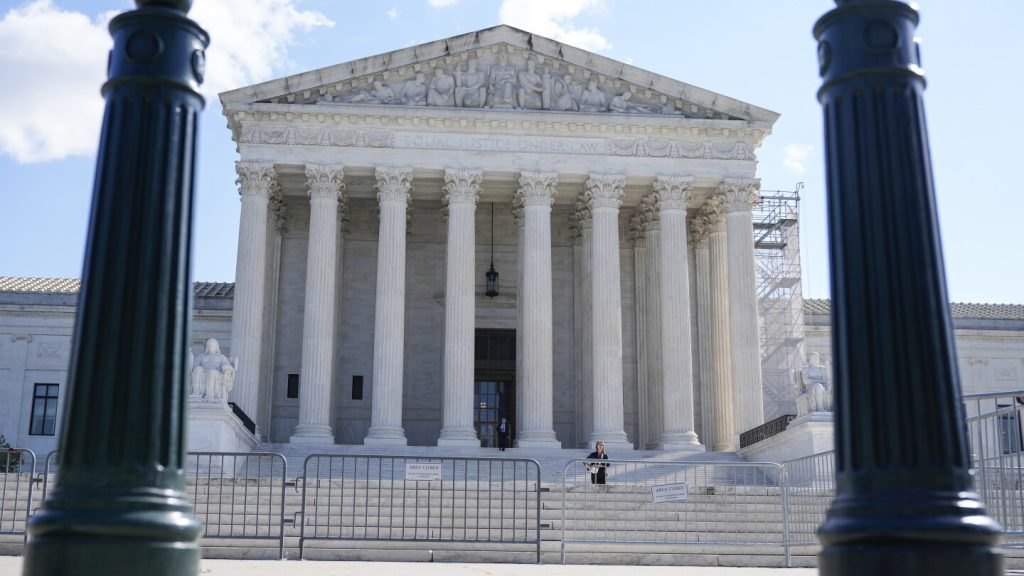Chief Justice John Roberts recently issued a defense of judicial independence, warning that it is under threat from intimidation, disinformation, and the potential for public officials to defy court orders. In his annual report on the federal judiciary, Roberts expressed concerns about the challenges faced by the court system, particularly in the wake of a tumultuous year where the courts were heavily involved in a closely contested presidential race. Roberts highlighted the need for other branches of government to uphold court decisions, citing historical examples like the Brown v. Board of Education decision that required federal enforcement in the face of resistance. He also condemned attempts to intimidate judges and disseminate disinformation about court rulings, noting the dangerous consequences that such actions can have.
The chief justice’s statement comes at a time when the judiciary is facing increased scrutiny and threats, with statistics from the U.S. Marshals Service showing a significant rise in threats targeting federal judges. Roberts referenced the tragic deaths of state court judges in Wisconsin and Maryland as examples of the violent consequences of threats and intimidation directed at judges. He also pointed to the role of social media in amplifying distortions and spreading disinformation about court rulings, warning that this could be exploited by hostile foreign actors to further divide the country. As a result, Americans’ confidence in the judicial system and courts has hit a record low, with only 35% expressing trust in the system, according to a Gallup poll.
Roberts did not specifically mention any political leaders in his report, but his comments can be seen in the context of recent clashes between the judiciary and public officials, including former President Donald Trump. Trump, who is now preparing for a second term as president, has been critical of court decisions that went against him during his first term, leading to tensions with Roberts and other judges. Roberts rebuked Trump in 2018 for denouncing a judge who ruled against his migrant asylum policy, and criticized Senate Democratic leader Chuck Schumer for comments made during a high-profile abortion case in 2020. Despite the challenges faced by the judiciary, Roberts emphasized the importance of upholding the rule of law and ensuring that court decisions are enforced, even if they are unpopular.
The chief justice’s defense of judicial independence comes at a crucial moment for the judiciary, as it gears up for potential legal challenges to the ambitious conservative agenda of the current administration. With three conservative justices appointed by Trump on the Supreme Court, the judiciary is likely to play a key role in shaping the legal landscape in the coming years. Roberts’ call for respect for court decisions and an end to intimidation of judges reflects broader concerns about the erosion of trust in the judicial system and the need to safeguard the independence of the judiciary. As the country grapples with polarizing divisions and disinformation, Roberts’ words serve as a reminder of the importance of upholding the rule of law and respecting the role of the judiciary in ensuring justice and equality for all Americans.















